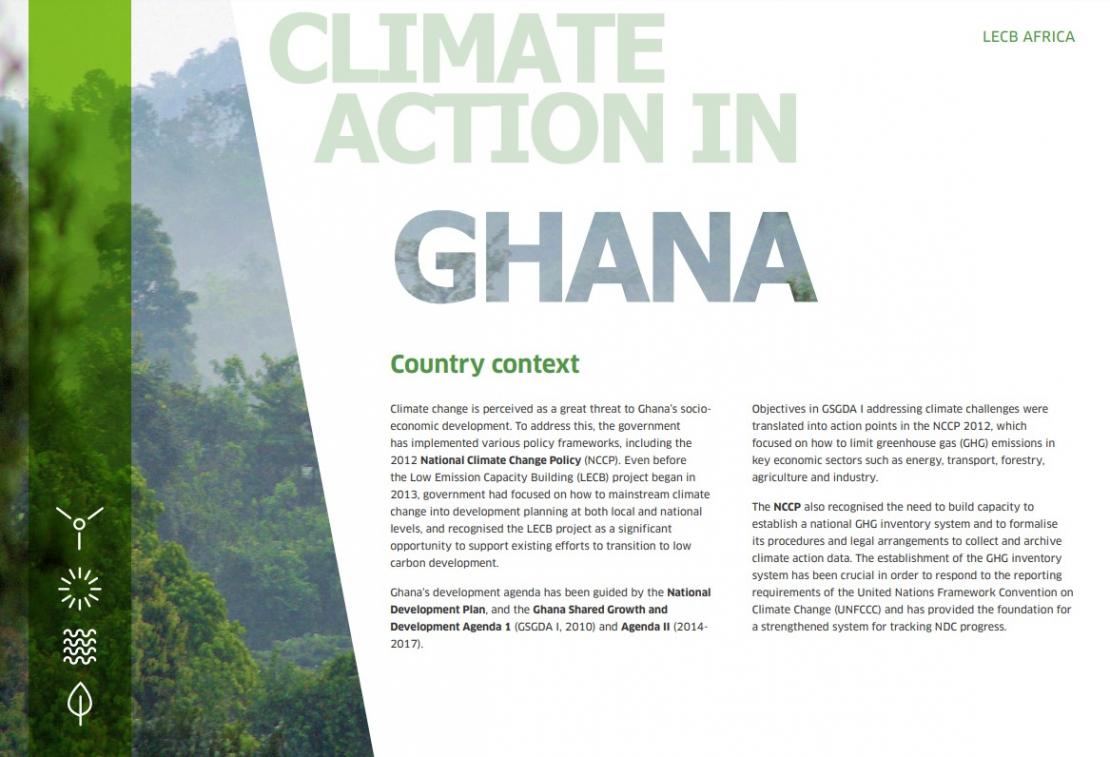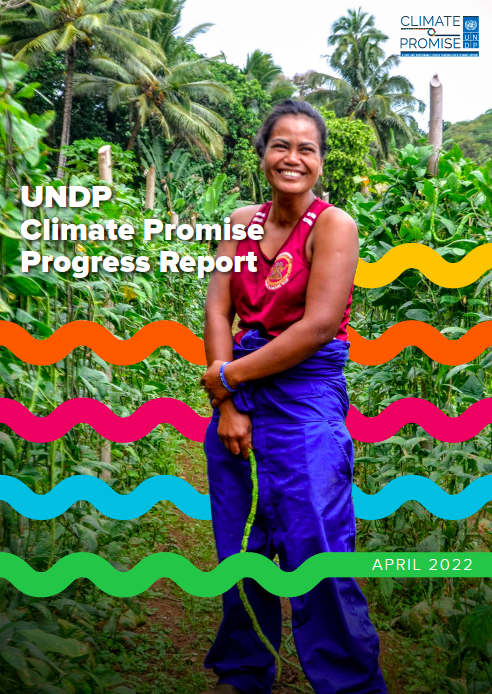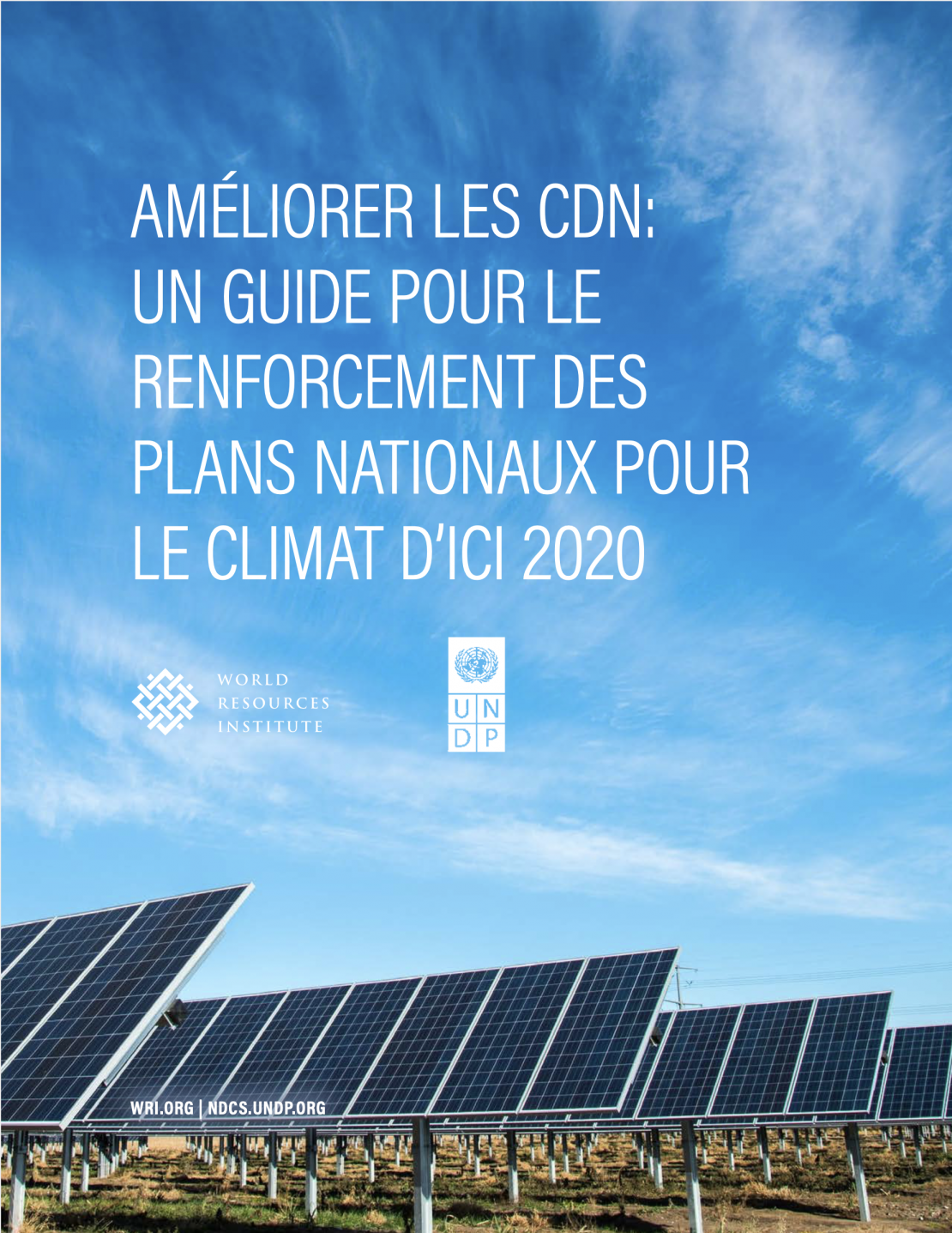LECB Programme Impact and Results: Ghana

Climate change is perceived as a great threat to Ghana’s socioeconomic development. To address this, the government has implemented various policy frameworks, including the 2012 National Climate Change Policy (NCCP). Even before the Low Emission Capacity Building (LECB) project began in 2013, government had focused on how to mainstream climate change into development planning at both local and national levels, and recognised the LECB project as a significant opportunity to support existing efforts to transition to low carbon development. Ghana’s development agenda has been guided by the National Development Plan, and the Ghana Shared Growth and Development Agenda 1 (GSGDA I, 2010) and Agenda II (2014-2017).
Objectives in GSGDA I addressing climate challenges were translated into action points in the NCCP 2012, which focused on how to limit greenhouse gas (GHG) emissions in key economic sectors such as energy, transport, forestry, agriculture and industry. The NCCP also recognised the need to build capacity to establish a national GHG inventory system and to formalise its procedures and legal arrangements to collect and archive climate action data. The establishment of the GHG inventory system has been crucial in order to respond to the reporting requirements of the United Nations Framework Convention on Climate Change (UNFCCC) and has provided the foundation for a strengthened system for tracking NDC progress.


